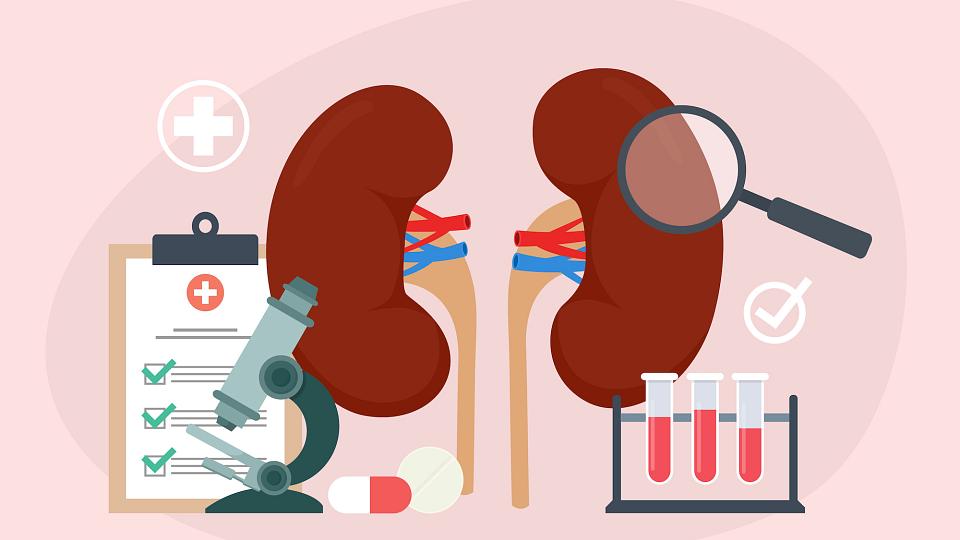
What to Expect at Your Kidney Transplant Consult & Surgery
Your First Kidney Transplant Consult
Contact Us
Phone: 801-581-2634
Toll-free: 800-824-2073
The kidney transplant evaluation process starts with a visit to a transplant nephrologist and a transplant surgeon. These doctors will discuss your health history and physically examine you.
You will also meet with other specialists who help evaluate your eligibility for a kidney transplant, connect you with resources, and discuss what to expect:
- Dietitian
- Financial coordinator
- Pharmacist
- Social worker
- Transplant coordinator
Kidney Tests
You will have several tests to evaluate your kidney function and to help us find a compatible donor:
Abdominal and pelvic CT scans—We will use a series of X-rays and a special computer to get a picture of the inside of your body. Abdominal and pelvic CT scans help us look more closely at your kidneys.
Histocompatibility test—This blood test analyzes human leukocyte antigens (HLAs), a special type of protein. HLAs help your immune system tell the difference between your own tissues and foreign substances. Finding a donor with a good HLA match will lead to a better transplant outcome.
Heart Tests
Patients with kidney disease can have significant heart disease without any symptoms. We will need to screen you for heart disease before we you're considered for transplant surgery:
- Chest X-ray—X-rays use safe, small radiation doses to get a picture of the inside of your body. A chest X-ray shows the structures in your chest, such as your lungs and heart.
- Echocardiogram—This test uses sound waves to look at blood flow through your heart.
- Electrocardiogram—We place small patches called electrodes on your chest. These electrodes record your heart’s electrical signals, which control your heartbeat.
- Left heart catheterization—We place a catheter (flexible, narrow tube) through one of your blood vessels. We move it into the left side of your heart. This test looks at your heart’s blood vessels and evaluates how well your heart pumps blood.
Kidney Transplant Surgery
Your kidney transplant surgery depends on whether your kidney comes from a living or non-living donor. In general, the steps of surgery remain the same:
- Your surgeon makes an incision (cut) in your lower abdomen.
- Your surgeon places the donor kidney in your body and connect it to nearby blood vessels.
Your kidney transplant surgery takes about two hours.
Deceased Donor Kidney Transplant
Our transplant coordinator will call you when a non-living kidney donor is available. They’ll ask you whether you’ve had any changes in your health since your last visit. You will have to travel to the hospital within a few hours if the donor is a match and your health hasn’t changed. We will operate on you within several hours of your hospital admission.
Living Donor Kidney Transplant
We will schedule your transplant surgery in advance if you have a living donor. If you know your kidney donor (direct donation), we will coordinate surgery for you and your donor on the same day. We will remove your donor’s kidney first. As soon as their kidney is ready, your transplant surgeon will operate on you.
For paired exchange donations, you won’t know the donor. Your donor kidney may come from someone local or in another part of the country. We will coordinate your surgery with other centers, usually 2-3 weeks in advance.
Kidney Transplant Recovery & Follow-Up Care
You will stay in the hospital 2-3 days after your kidney transplant. You will see your transplant team at least once a week after you return home. You’ll need to arrange a place to stay in the Salt Lake City area for at least one month if you live far away.
We will initially take blood tests twice a week to monitor your healing. You will see our team less frequently after about three months.
Find a Kidney Transplant Physician
Irene Zilbershteyn, APRN, FNP-C
Kidney Transplant
Meet Our Patients & Donors
Hear From Our Specialists
For More Information Call 801-581‑2634 or
Self Refer or Refer a Patient






